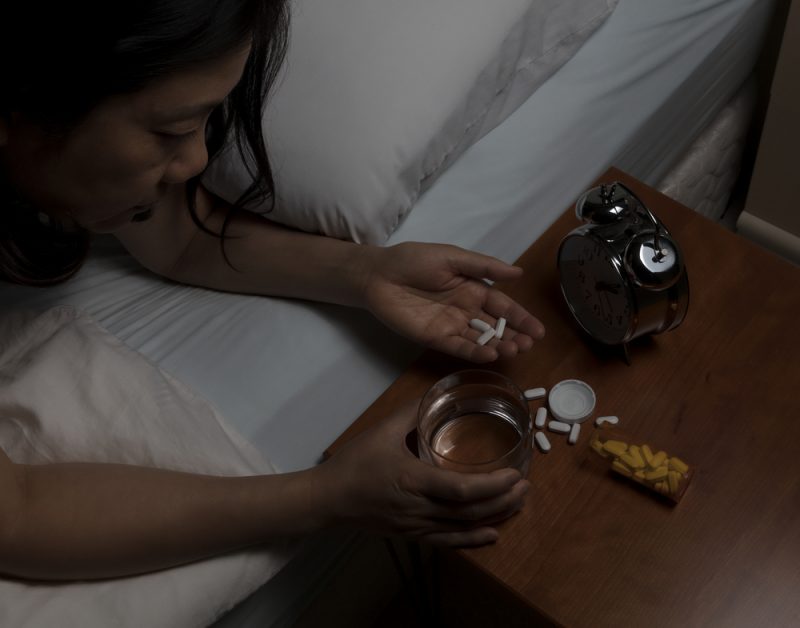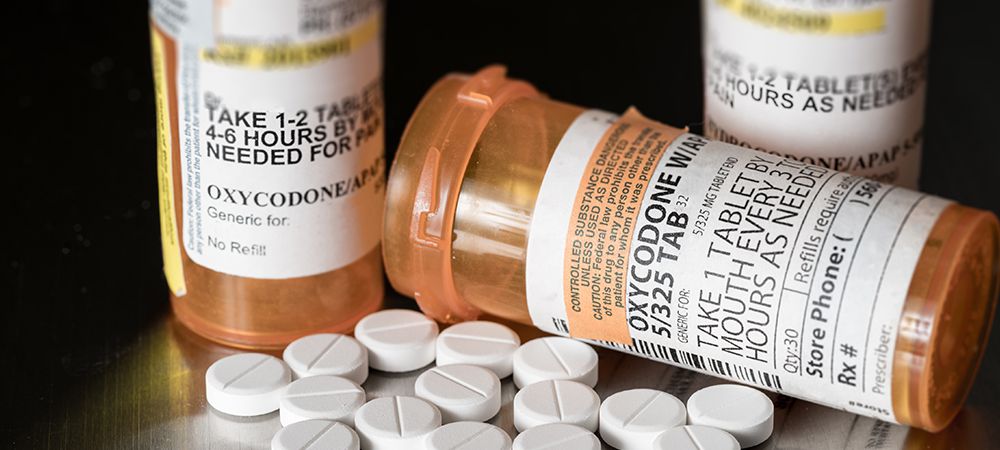
6 Warning Signs of Opioid Addiction
Opioids are a type of medicine that are commonly used to help relieve pain. To do this, opioids alter the signals being sent between the body and the brain, thus relieving the intensity of the pain and discomfort felt. Opioids also have the ability to alter the way the brain responds to pain, and are commonly prescribed for individuals suffering from surgery, injuries, dental procedures and cancers.
There are a wide range of substances that are included in the opioid category. These substances include: Methadone, heroin, opium, fentanyl, morphine and oxycodone.
When used properly, opioids can be extremely helpful to relieving pain and getting people back on their feet. However, opioids can also become very addictive, and those who misuse their prescriptions can become dependent on them overtime.
Not everyone will recognize their dependency on an opioid, or they may refuse to come to terms with their addiction. Individuals who are unsure whether an opioid addiction is present might consider these 6 warning signs of opioid addiction to get a better idea of the seriousness of their situation:
Related article: 8 Myths about Opioid Addiction
-
Avoiding Responsibilities
When an individual begins to develop a dependency to an opioid, they often start dedicating a lot of their personal time to getting high or locating more of the substance. When this starts to happen, other responsibilities that they used to value start to become less important, and less time is dedicated to activities they used to love.
This can be true of activities like favorite hobbies and sports, but may also be true of more important things like family responsibilities, work duties, pets and other important parts of life. These kinds of changes are some of the more obvious signs for close friends and family.
-
Neglecting Friends/Family
An addiction can be a very private matter, and individuals who are suffering from one might try to keep the problem hidden from those closest to them. In order to do this successfully, a person might neglect their friends and family for days and weeks at a time, and begin lying to them about their whereabouts.
-
Lack of Personal Hygiene
When an individual is focused on getting their next fix, things like personal hygiene are of little importance. Friends and family may notice that a person begins to wear the same clothing, or dirty garments, and that they aren’t showering and tending to their outward appearance as much as they used to.
Onlookers may even notice that the individual has unusually bad breath, smelly clothing and bad body odor.
-
Psychological Changes
Many of the drugs categorized under opioids tend to give users feelings of euphoria and energy, and as the drug wears off they begin to “crash”. Onlookers might notice these psychological changes when a person begins in a positive and elated mood, and then immediately begins to demonstrate lethargy, abrupt mood swings and paranoia.
Of the 6 signs of opioid addiction, these outward changes in mood are some of the most obvious that chemical imbalances are at play.
-
Change in Circle of Friends
A user who has dedicated a lot of their time to using will often experience a loss of friends and partners, who do not understand their new habit. Simultaneously, they may begin to hang around a new group of friends who demonstrate similar addiction behaviors and physical attributes.
-
Depending on Opioids to Function
If an individual can no longer function properly without the use of an opioid, then dependency has taken over. This is a sure sign of an addiction, as the body now believes that it cannot perform regular tasks without having the sensation of being ‘high’.
Those who feel a loved one may be addicted to opioids may want to keep an eye out for these 6 warning signs of opioid addiction. While the effects differ between users, physical and behavioral changes will become more obvious as the addiction worsens. Contact 1000 Islands Addiction Rehab & Treatment Centre for addiction treatment programs.
Related article: What to Expect During Opioid Withdrawal


